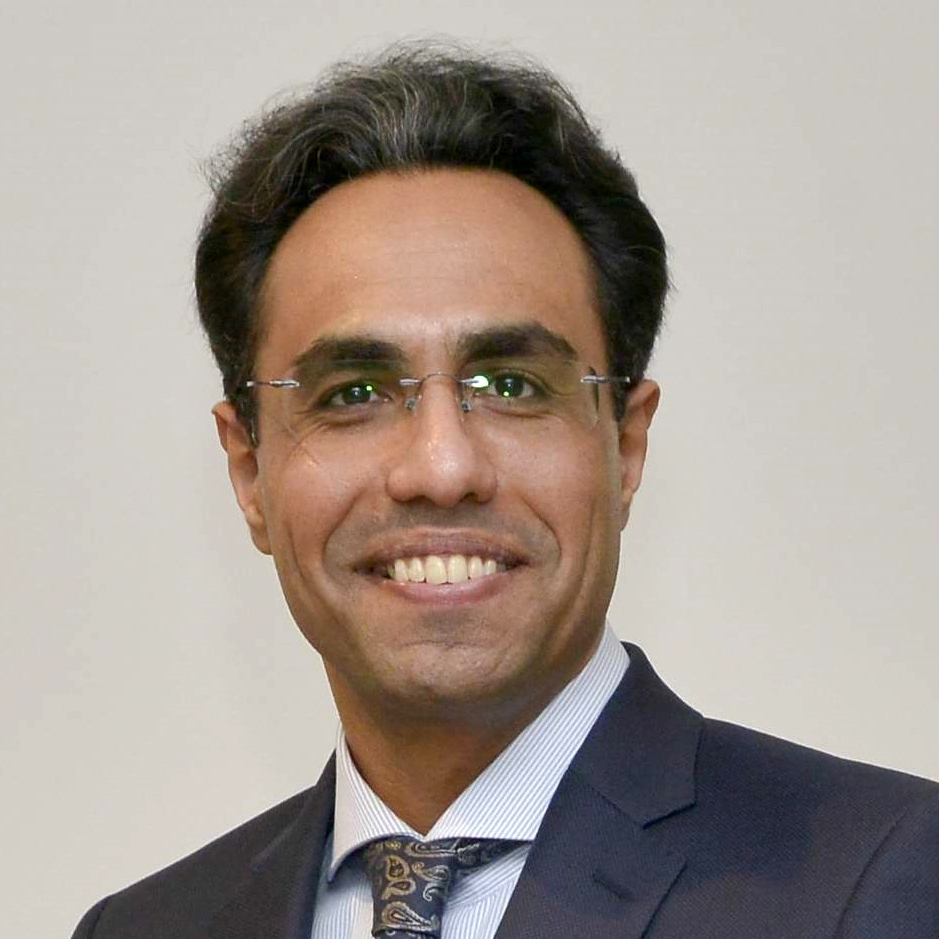Project Team
Prof m.c. schraefel (PI)
Prof Carsten Maple (PI)
Dr Enrico Gerding (Co-I)
Dr Enrico Gerding is an Associate Professor in the Agents, Interaction and Complexity (AIC) research group in the School of Electronics and Computer Science (ECS) at the University of Southampton. His main area of research is autonomous agents and multi-agent-systems, and the intersection with other fields such as economics, human-computer interaction and machine learning. In particular, he is interested in market mechanisms and automated negotiations, and how incentives can be designed in such a way to make systems more efficient. He has over 100 peer-reviewed publications on agents and multi-agent systems, and has published in the main AI conferences journals including AAMAS, IJCAI, AIJ and JAIR. Example topics of interest include: mechanism design, and its application to energy markets and the development of community energy markets; privacy and consent and the use negotiation for automating consent decisions; smart mobility and mobility as a service; air pollution monitoring and the use of crowd sourcing. Within the AutoTrust project, he leads the Automation theme.
Dr Seb Stein (Co-I)
Dr Sebastian Stein is an Associate Professor in the Agents, Interaction and Complexity (AIC) research group at the University of Southampton. He is an expert in designing algorithms and incentive mechanisms for systems where humans and intelligent software agents collaborate. He has applied his expertise to future transportation systems, the smart grid, crowdsourcing and cloud computing. Dr Stein has over 50 peer-reviewed publications in top artificial intelligence conferences and journals, including AIJ, JAIR, IJCAI, AAAI and AAMAS. He leads the Services theme within the AutoTrust project.
Dr Daniel S. Fowler

After my first degree in engineering, I had a career as a software designer and developer, delivering multiple projects across manufacturing, automotive, and financial industries. I transitioned to research for new challenges, obtaining a Masters Degree in Forensic Computing and a Doctorate in Automotive Cyber Security. As a member of the WMG Secure Cyber Systems Research Group at the University of Warwick, I have been on the teams of several successful Innovate UK cybersecurity projects. I have Chartered Engineer status, I am a member of the Institution of Engineering and Technology (IET), and the Association for Computing Machinery (ACM).
My research interests are focused on the engineering of systems for cyber resilience, how can systems still perform even when they are subjected to cyber-attacks? There have been many decades of technological progress in computers. However, many of the interconnected digital systems we use today are built upon fundamental principles that pre-date the 1990s, the era before widespread connectivity and smart devices. Furthermore, designers throw more hardware and software at problems, vastly increasing the complexity of the systems we use. Modern technology provides enormous benefits to society, yet complexity increases costs, reliability, safety, security, and reuse issues. I am interested in novel designs for software, computer systems, and protocols. How can software be made trustworthy with reduced complexity? Simplicity can reduce the security problem, reduce costs, and lead to more reuse of software and hardware. As society is now highly dependent upon software, we need to ensure that systems have a high degree of cyber resilience. I am researching fuzz testing, attack trees, and digital twins amongst other tools to enable cyber resilience within automotive and communication systems.
Dr Richard Gomer

Richard works in Human-Computer Interaction (HCI) research, with a particular interest in how individuals and groups interact with large-scale systems, how those systems are designed, and how things like values and agency play out within them.
Richard previously worked on design and policy for “Meaningful Consent” as part of the Meaningful Consent in the Digital Economy project; and many of the ideas from that project are continued within AutoTrust. He later worked on the Horizon 2020 QROWD project, working on human-AI interaction for crowdsourcing transportation data, and how different approaches to data governance can account for the motives and interests of different data stakeholders, including the crowd workers who are engaged in its production.
Within AutoTrust, Richard is interested in how future “smart” transport systems might embed and exert the agency of different stakeholders, and how different outcomes, values and interests might be consciously reflected and incorporated through the design and engineering process – and the implications that those systems have for the agency of the individuals that use them.
Dr Vahid Yazdanpanah

Vahid is a postdoctoral Research Fellow in the Agents, Interaction and Complexity research group in the Department of Electronics and Computer Science at the University of Southampton. He received his PhD (2019) from the University of Twente on the application of multiagent techniques for implementing industrial collaborations and Circular Economy practices. His PhD research was funded by the Horizon 2020 SHAREBOX Project.
Vahid’s research is mainly focused on agent-based computing, decision support tools, and formal methods for multiagent systems. In particular, he is interested in modelling the behaviour of multiagent systems, logical frameworks to represent and reason about decision processes, and sociotechnical aspects of responsibility reasoning. In AutoTrust, his research is on how to reason about and distinguish different forms of responsibility and the application of symbolic reasoning techniques for coordinating vehicular systems. Vahid is also a Co-Investigator researcher at the ARGOS project with the main aim to develop a roadmap for design and development of AI-assisted resilience governance systems.